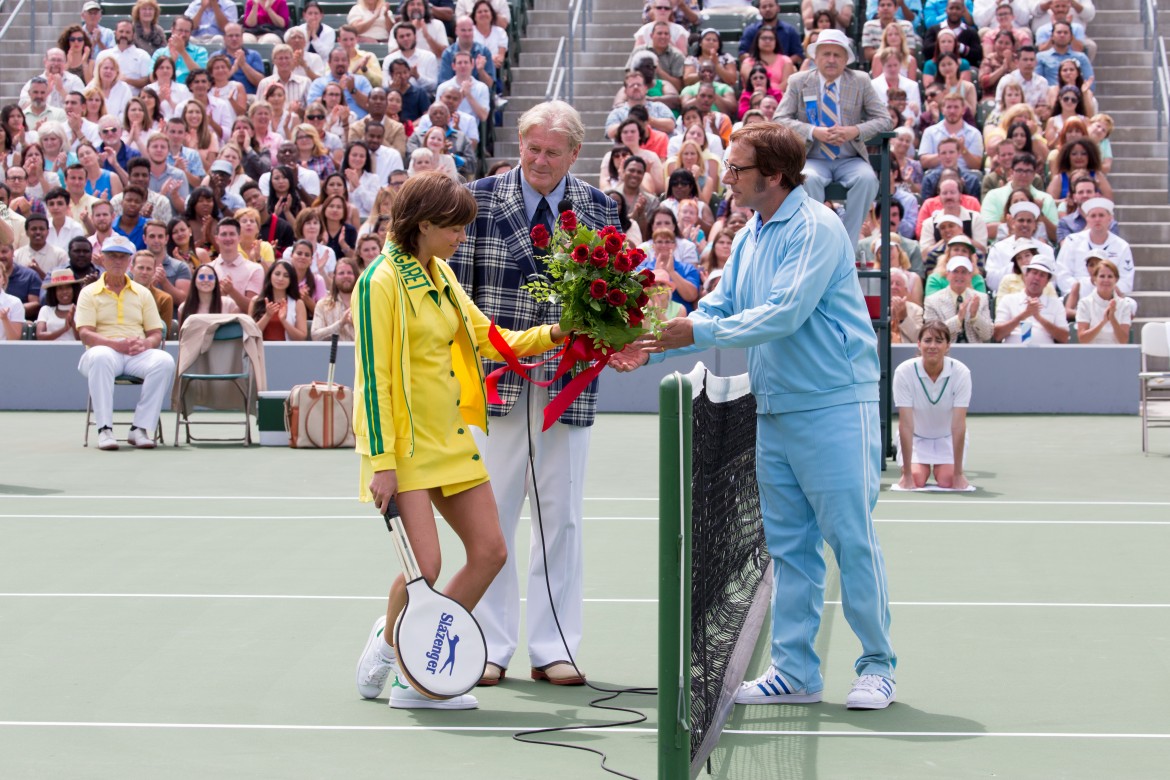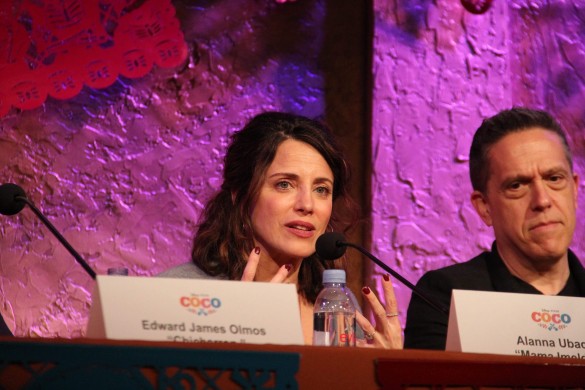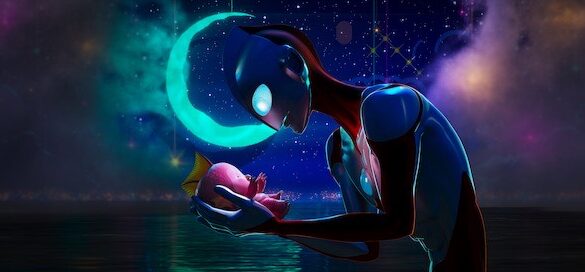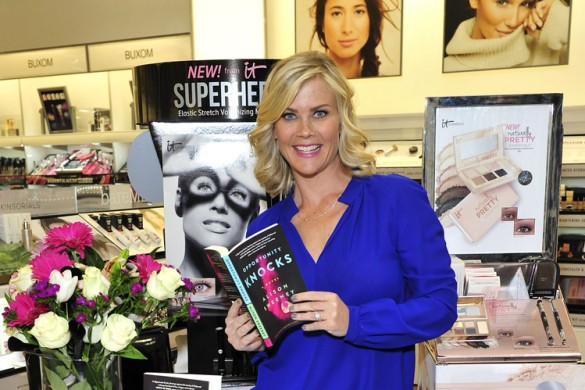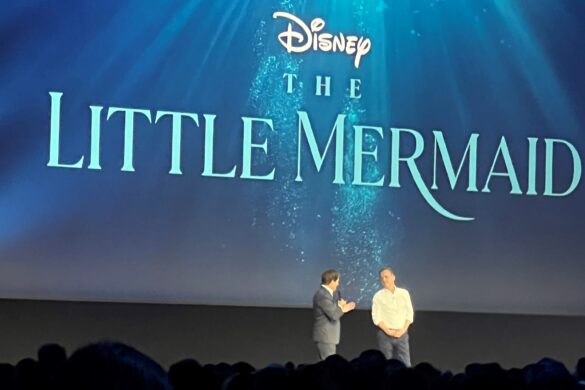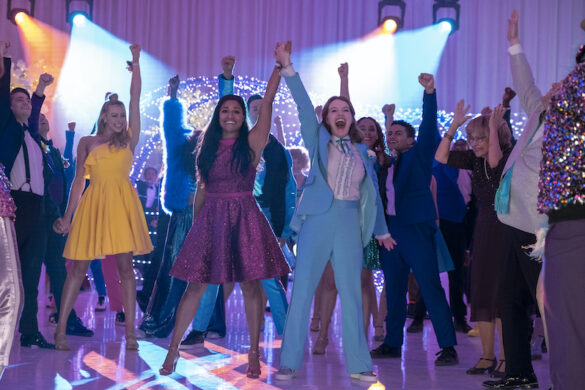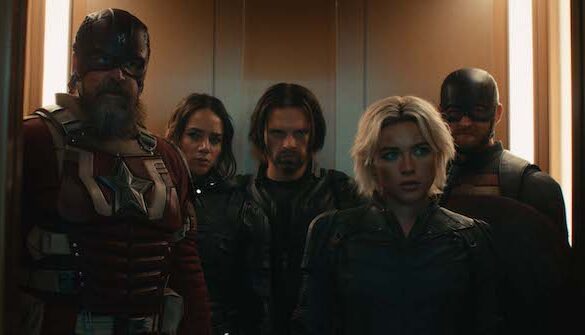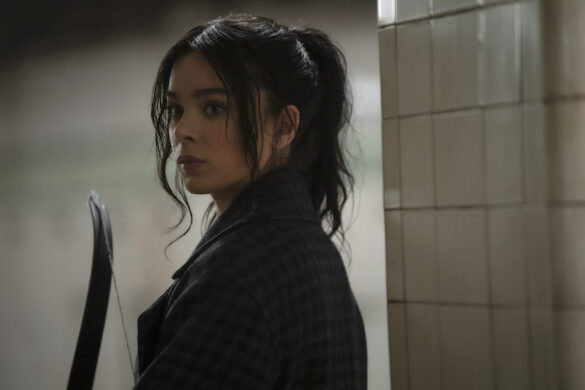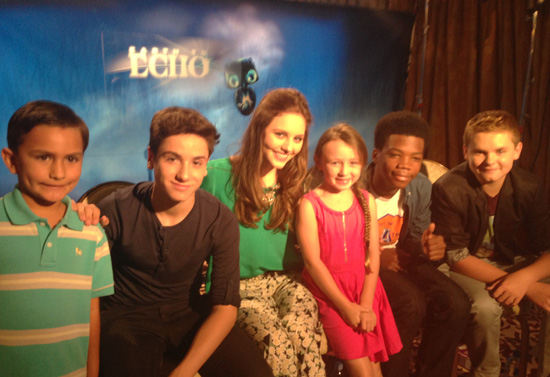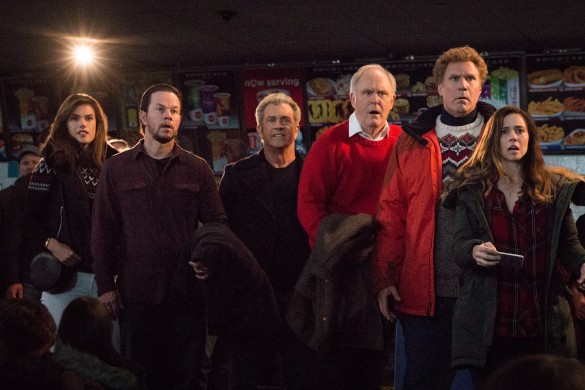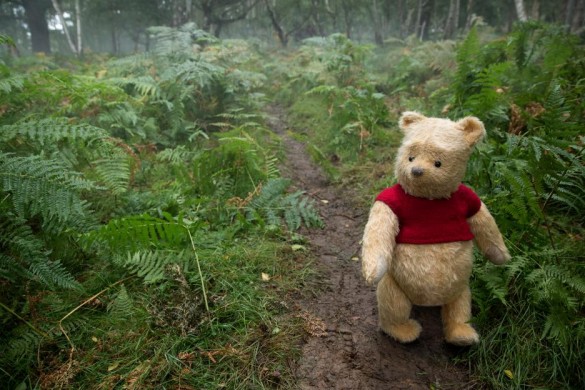Recently we were invited to a press conference with the stars of Battle of the Sexes along with the directing and musical team. The film from Little Miss Sunshine team Varie Faris and Jonathan Dayton about the true life story of the historic man vs. woman tennis match between Billie Jean King and Bobby Riggs bring up the conversation about equality that we have once again recently been having. What’s really cool about this film just on the production side of things is that it’s the first feature from the married directing duo to give Valerie Faris the first credit on both screen and screenplay. At the press conference, Faris noted laughing, “It was (Jonathan’s) idea. Just want to give him credit.” Dayton responded back with, “It began alphabetically, and we’ve been doing this for so long, it felt like the right time to remind everyone that it’s a team.”
“I’m not just the ‘and’,” Faris added about her equal contribution in bringing to life the momentous moment in HERstory where star tennis athlete Billie Jean King took on a bet match with vet tennis player Bobby Riggs during a time where women athletes were paid peanuts compared to the male ones so much so that King initiated her own league. The micro-aggressions of just how women were talked down at the time when they could equally match men stood out to Faris, “It changed our perception of just how acceptable it was to call women “little lady” and talk about Billie Jean like “if she’d just take her glasses off and put her hair down, someone would offer her a Hollywood screen test.” Those things were just so…not noticeable at the time, maybe? But looking back at those…what was acceptable then hopefully isn’t so much now. Although I think in some ways we’re facing it again in even more offensive ways.”
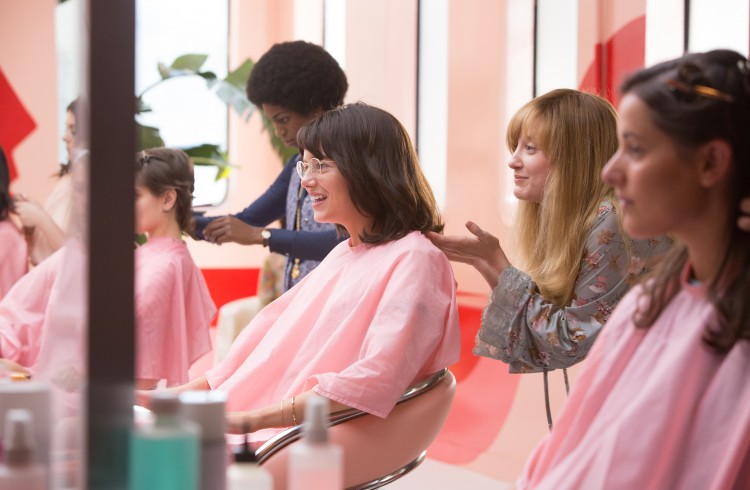
Emma Stone and Andrea Riseborough in the film BATTLE OF THE SEXES. Photo by Melinda Sue Gordon. © 2017 Twentieth Century Fox Film Corporation All Rights Reserved
That was 1973 and we’re still seeing major repercussions of actions like that now. Bobby Riggs, older and sort of bitter that he didn’t get to see the money that later tennis players got, was in his 50’s when he challenged Billie Jean King for fun and to profit off the tense nature Women’s rights at the time. To Steve Carell, who played Riggs, it all came down to choosing to pretend to go along with something that would thrust Riggs back into the spotlight and make him relevant again although he spoke to a dangerous demographic. “He created a character. I think he saw what was happening in the zeitgeist and decided to try to profit from it, really. I don’t think, and correct me if I’m wrong, and who knows, but I don’t think he cared very much about politics. I don’t think he had a foot in feminism or chauvinism. I think he just wanted to make some dough, and he wanted to promote himself, and he wanted to be famous.” Carell explained, “He had a chip on his shoulder because when he was a star, he didn’t get the money. Because you could tell that all of these things that he was espousing weren’t connected to his heart. And I think that was part of his charm. I was eleven at the time, and I knew it was a put-on. You could tell the guys who really were saying these things and meant them. That’s not to say that saying them isn’t dangerous as well, even if you’re just joking around because other people who really do believe that pick up the mantle and run with it. So, there is danger in that.”
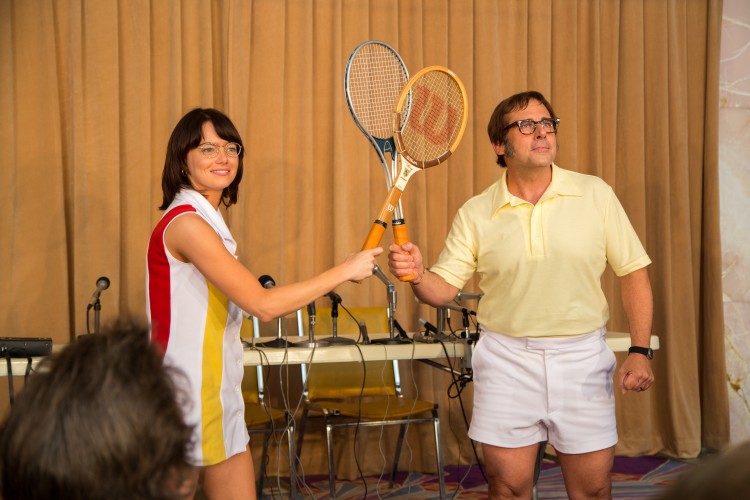
To this day there is still this underlying restraint to completely embrace equality, still filled with micro-aggressions and a mean-ness but sometimes we still get moments that push progress forward. Sloane Stevens recent US open win of 3.7 million dollars is an example of what Billie Jean King made a stand for. Emma Stone who stars as Billie Jean King in the film actually attended that match with the tennis legend. She said, “I was at the U.S. Open with Billie Jean King watching that moment, so it was pretty unbelievable, And Billie Jean said that this is what she and the original nine were fighting for. They were fighting for the next generation and onward to have moments like that.”
Billie Jean King herself chimed in, “And also, she’s a woman of color. That’s one of the things we were trying to do as well. If you notice, in the Battle of the Sexes (film), how white everything really is. I think we had two people of color in the audience. Thank God Rosie was the announcer, or we would’ve been in big trouble. But we had Jim Brown, the NFL football player, and we also had George Foreman, the famous boxer.”
When asked how she felt seeing the momentous moment she beat Riggs in the film, King pointed at a quiet scene after the match where Stone as King had a moment alone to live in all of the things happening inside her from the match to her personal life and finally proving women’s worth in the world of sports. “I thought Emma portrayed it absolutely, one-hundred-percent right. I did not have that opportunity, but that’s exactly how I felt. She captured it better than I could’ve even…it was so touching. So authentic with what was in my heart at the time.”
Stone recently coming off an Oscar win, talked a bit about undertaking the role of the living legend. “I don’t think it was really a decision so much as I had never really played a real person before, much less someone like Billie Jean. And so I wasn’t sure what my process was going to need to be. So, when I met her, she was so wonderful and so welcoming to me, and Billie Jean made it clear from the beginning that she was open to whatever process we needed to go through in order to bring this whole thing to fruition.” Stone shared about working with King, “So we threw some balls around on the tennis court, and I quickly realized that I wanted to watch a lot of footage of her from the time period, and read a lot about her then, because she’s so fully-formed now, and is able to talk about all of this with closure and hindsight, and can see it more clearly than she might have been able to at age twenty-nine. So, I ended up doing a lot of research on her in that specific time frame”
Battle of the Sexes opens this Friday!

